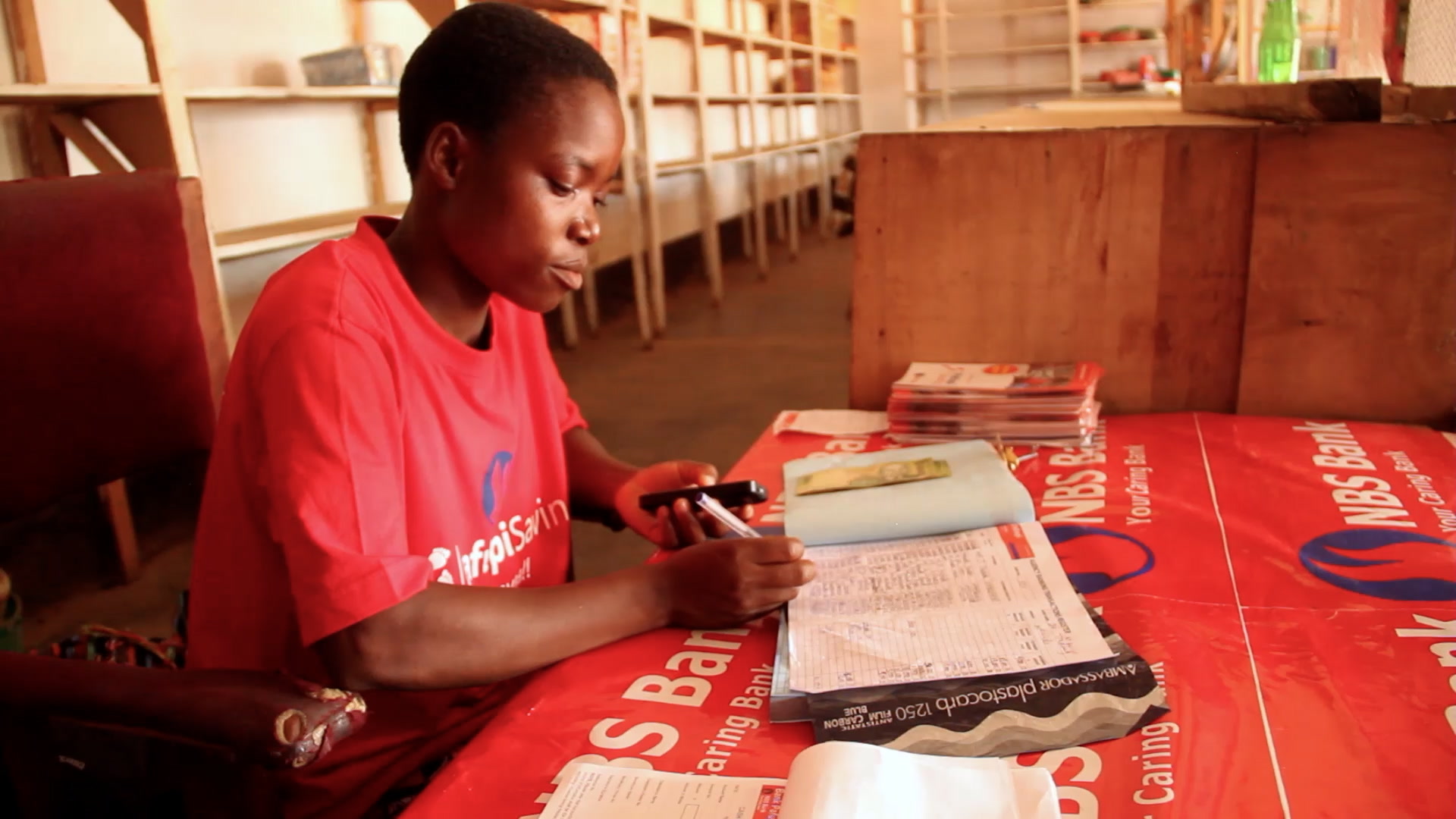How should we regulate the global financial system?


Get involved with our crowdsourced digital platform to deliver impact at scale
Stay up to date:
Banking and Capital Markets
The global financial system is undergoing massive structural change as a result not only of the crisis but of the regulatory changes in its wake.
The very fact that the whole post-crisis regulatory overhaul has been spearheaded by the Financial Stability Board and G20, i.e. with explicit political backing by a global set of policy-makers, is very innovative and has not been the case in setting international regulatory standards before. The past five years have witnessed a profound change of international regulatory standards for banks and non-banks alike.
- Banks’ regulatory rules have been revised (usually subsumed under the Basel III heading), resulting in stronger capital requirements, the first-ever globally agreed liquidity standards (for a short-term liquidity and a structural funding measure), and new standards for constraining large exposures and improving risk management. Also, supervisory standards are being raised and the international standard setter (Basel Committee) has launched a programme to assess national implementation, which exerts peer pressure on jurisdictions to implement the reforms in a consistent manner.
- Cross-border resolution difficulties witnessed in the crisis are reflected in the new set of expectations with regard to effective resolution regimes and a process of recovery and resolution planning for the largest banks, complete with setting up cross-border crisis management groups composed of authorities from the (most prominent) jurisdictions where these banks operate.
- Regarding non-banks, the international community is finalizing a basic solvency requirement for global insurers who are systemically important – to date there has been no global solvency standard; over-the-counter derivatives markets are undergoing major overhaul with measures aimed at mandating and/or incentivizing central clearing and trading on organized platforms with reporting to trade repositories of all contracts. In terms of insurance regulation, many countries in Europe, Latin America and Asia are adopting variants of the Solvency II regime. New insurance regulation has a strong emphasis on corporate governance, disclosure and accountability. These measures are relevant as they aim to change the broader corporate behaviour.
- International accounting standards are being changed, in particular to make loss recognition more forward-looking (newly issued IFRS9).
- Some supervisory authority over the financial sector has been relocated to central banks, most notably in Europe, where the European Central Bank has taken on additional responsibilities.
Still, of course, challenges remain. Addressing the issue of “too-big-to-fail” remains a key issue. Efforts are needed to: (i) finalize living wills and identify and remove barriers to firms’ resolvability; (ii) reach consensus on banks’ loss-absorbing capacity to ensure that they can be resolved; (iii) address obstacles to cross-border cooperation and recognition of resolution measures; (iv) ensure recovery and resolution of non-banks; and (v) promote better regulation of the shadow banking sector. Cross-border challenges persist also in over-the-counter derivatives reform.
As regulatory regimes developed in parallel in the two largest markets (European Union and United States), they resulted in a framework that overlaps and is not completely consistent. Regulatory decisions allowing reliance on home regulatory regimes (known as “deference”) are urgently needed. Trade reporting requirements have been adopted in key countries but legal barriers frustrate implementation. Progress on trading standardized contracts on exchanges and electronic trading platforms continues to slip. Political commitment is needed to advance reforms in all these areas.
Note: This box draws on the latest Global Financial Stability Report and related IMF work. It is extracted from the Global Risks 2015 report.
Author: Jonathan D. Ostry is Deputy Director of the Research Department (RES) at the International Monetary Fund.
Image: Arrangement of various world currencies including Chinese Yuan, Japanese Yen, US Dollar, Euro, British Pound, Swiss Franc are pictured in Warsaw January 26, 2011. REUTERS/Kacper Pempel
Don't miss any update on this topic
Create a free account and access your personalized content collection with our latest publications and analyses.
License and Republishing
World Economic Forum articles may be republished in accordance with the Creative Commons Attribution-NonCommercial-NoDerivatives 4.0 International Public License, and in accordance with our Terms of Use.
The views expressed in this article are those of the author alone and not the World Economic Forum.
The Agenda Weekly
A weekly update of the most important issues driving the global agenda
You can unsubscribe at any time using the link in our emails. For more details, review our privacy policy.
More on Banking and Capital MarketsSee all
Efrem Garlando
April 16, 2024
John Hope Bryant
April 11, 2024
Alexandre Raffoul and Kai Keller
April 10, 2024
Alex Edmans
April 4, 2024
Victoria Masterson
March 28, 2024






